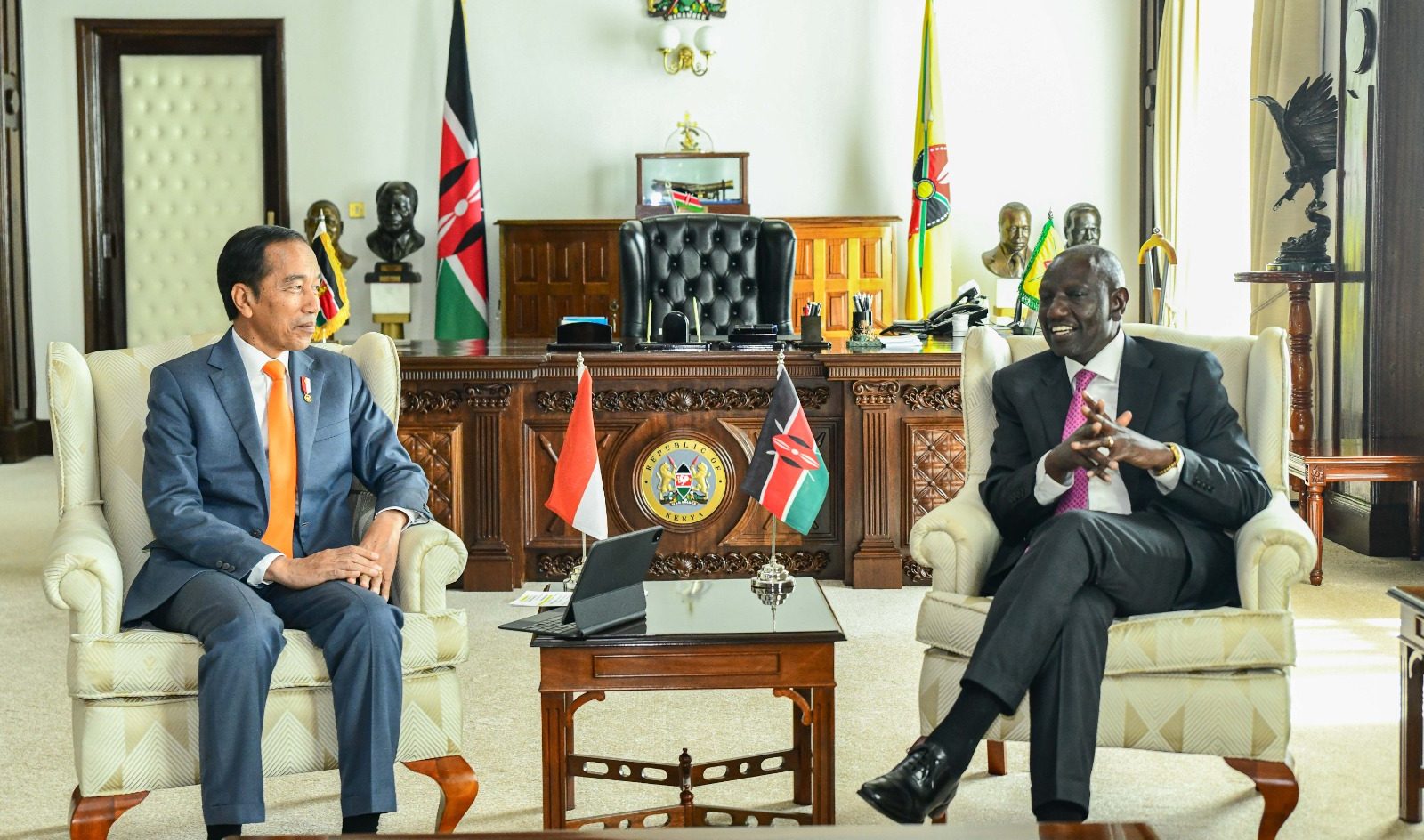Indonesia is working to fast-track the implementation of its Preferential Trade Agreement (PTA) with Kenya to strengthen bilateral trade, according to the Indonesian Ministry of Foreign Affairs, as reported by Antara, the country’s official news agency.
“We are currently in the phase of implementing and discussing ways to maximize the potential for cooperation and increase trade between our two nations,” said Dewi Justicia Meidiwaty, Director for Africa at the Ministry, during a seminar marking 45 years of diplomatic relations between Indonesia and Kenya in Banten on Thursday.
Although formal diplomatic ties were established in 1979, Meidiwaty noted that Indonesia and Kenya have enjoyed strong relations since the Asian-African Conference in Bandung in 1955. Despite this history, trade between the two countries remains relatively limited.
“While trade between Indonesia and Kenya grew by 13.4% from 2019 to 2023, there is still much to be done to enhance our collaboration,” she added. Meidiwaty emphasized that the PTA is a key tool for increasing trade, alongside the establishment of a legal framework to protect investments from both sides and to provide stability and certainty for investors. She expressed optimism that these efforts would not only encourage Indonesian companies to invest in Kenya and vice versa, but also foster sustainable, long-term economic partnerships.
Kenyan Ambassador to Indonesia, Galma Mukhe Boru, echoed this sentiment, highlighting the importance of increasing Indonesian investment in Kenya, given Indonesia’s status as Southeast Asia’s largest economy.
The Kenyan government, he said, is eager to collaborate with Indonesia to attract more investment into the country. He also underscored the long-standing cooperation between the two nations, which extends beyond the Bandung Conference, particularly in facing the dominance of Northern Hemisphere countries.
As part of the Global South, Boru emphasized, that Indonesia and Kenya must continue to support each other in advancing shared interests such as UN Security Council reform, addressing inequities in the international financial system, financing sustainable development goals, and mobilizing climate finance.





